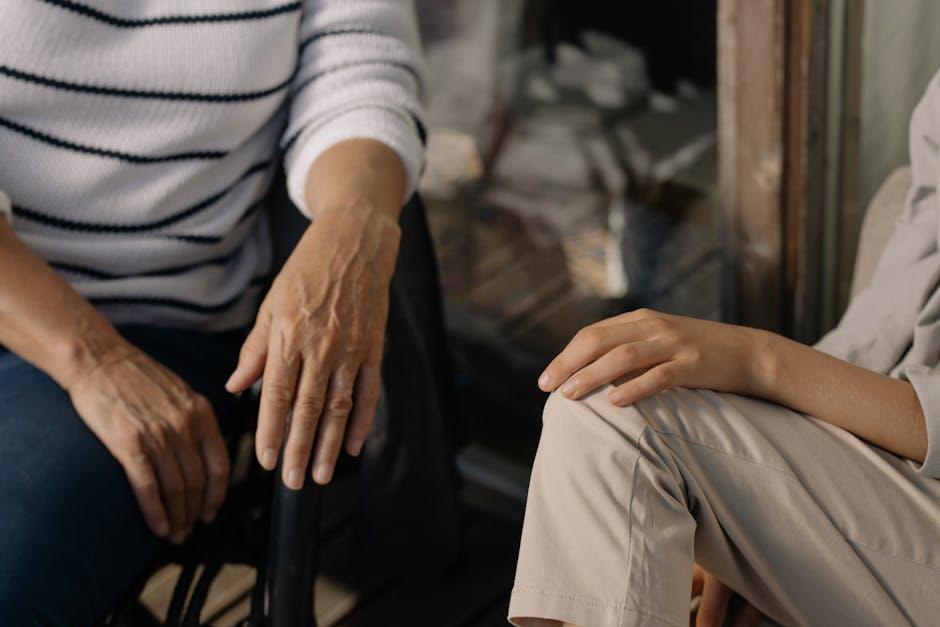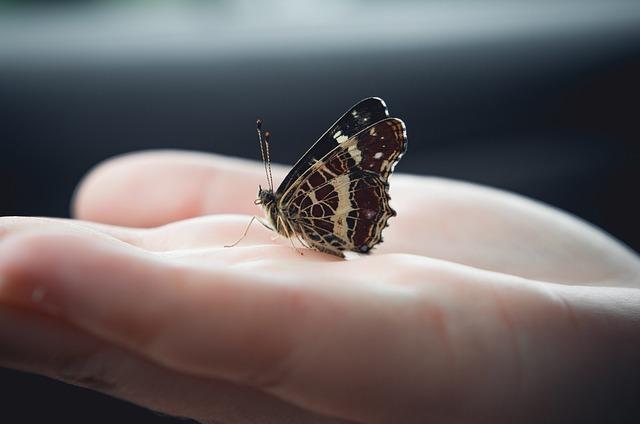Navigating the unspoken dialogue of a first date can feel like deciphering a foreign language. As words fill the air, it’s the subtle shifts in posture, fleeting glances, and nuanced gestures that often reveal the true emotions beneath the surface. Understanding these body language cues can transform an evening of guesswork into a meaningful connection. In this guide, we delve into the art of reading these silent signals, equipping you with the insights to discern interest, comfort, and sincerity, ensuring your first date is not just a meeting of minds, but a genuine exchange of unspoken understanding.
Decoding the Eyes: Understanding Gaze and Interest
The eyes are often considered the windows to the soul, revealing much more than words can express. On a first date, understanding the subtleties of gaze can offer valuable insights into your date’s level of interest and engagement. A direct, steady gaze often indicates confidence and genuine interest, suggesting that your date is attentive and invested in the conversation. Conversely, frequent glances away might signal distraction or discomfort, though it’s essential to consider cultural and personal differences in eye contact norms.
- Prolonged Eye Contact: This can indicate attraction and attentiveness. If your date maintains eye contact during discussions, it’s a positive sign.
- Quick Glances: These can suggest nervousness or shyness, especially in the early stages of a date. They might warm up as the conversation flows.
- Looking Around: If your date frequently looks around the room, it might be a sign of disinterest or distraction. However, it could also be an attempt to find a more comfortable setting.
Understanding these cues can help you gauge your date’s feelings and adjust your approach to ensure a more engaging and successful interaction.

The Power of Posture: What Their Stance Reveals
The way someone holds themselves can be a silent yet powerful communicator. On a first date, observing posture can provide insight into your date’s feelings and level of engagement. A person who sits with an open posture, facing you directly, may be showing openness and interest. This includes uncrossed arms and legs, which suggest they are comfortable and receptive. On the other hand, a closed posture, such as crossed arms or legs, might indicate defensiveness or discomfort.
- Leaning In: Indicates interest and engagement.
- Leaning Back: Can signal relaxation or, alternatively, disinterest.
- Mirroring: Subtly copying your posture can suggest rapport and a connection.
- Feet Direction: Feet pointed towards you can show focus and interest.
Paying attention to these subtle cues can enrich your understanding of your date’s unspoken messages, helping you gauge their level of interest and comfort.

Hands and Gestures: Reading Between the Lines
Hands and gestures can reveal a lot about what your date is thinking or feeling. When someone is interested, their hands may become animated, gesturing frequently as they speak. This openness can signal engagement and enthusiasm. Conversely, if their hands are tucked away in pockets or tightly crossed, it might suggest discomfort or nervousness.
- Open Palms: Indicates honesty and a willingness to connect.
- Fidgeting: Can be a sign of anxiety or excitement, depending on context.
- Touching Face or Hair: Often a subconscious gesture when someone is attracted or trying to make a good impression.
- Mirroring: If your date mimics your gestures, it’s a positive sign of rapport.
Reading these subtle cues requires attention to detail and context, but they can offer valuable insights into your date’s true feelings and intentions.

Spotting Subtle Signals: Recognizing Nervous Habits
On a first date, subtle signals can reveal underlying emotions. Nervous habits often manifest in small, unconscious actions. Recognizing these can provide insight into your date’s feelings. Look for signs such as:
- Fidgeting: Twirling hair, tapping fingers, or shifting in their seat might indicate anxiety.
- Foot Movements: Rapid tapping or bouncing legs can be a sign of nervous energy.
- Touching the Face: Rubbing the neck or touching the nose often happens when someone feels self-conscious.
While these habits can suggest nervousness, they might also indicate excitement or interest. Pay attention to context and other cues to get a clearer picture of their emotional state.




